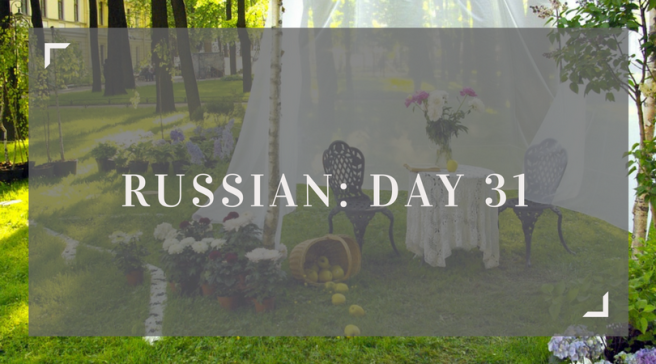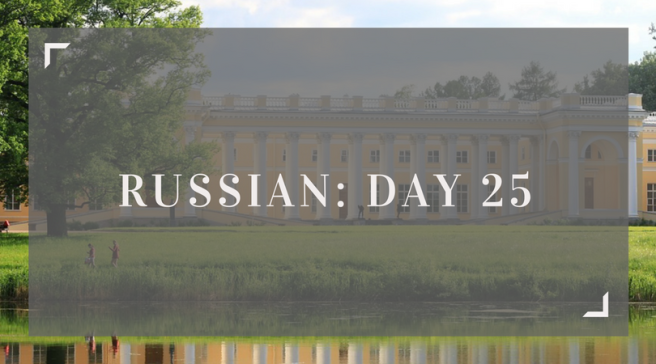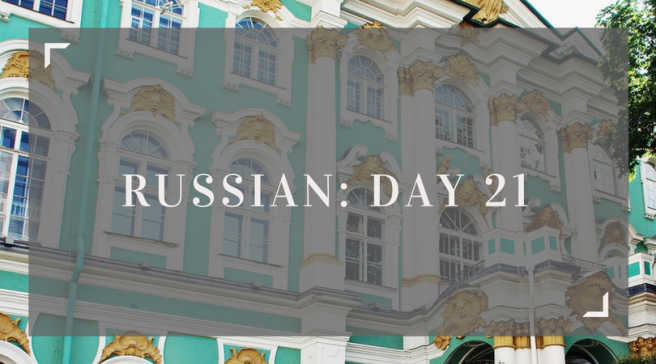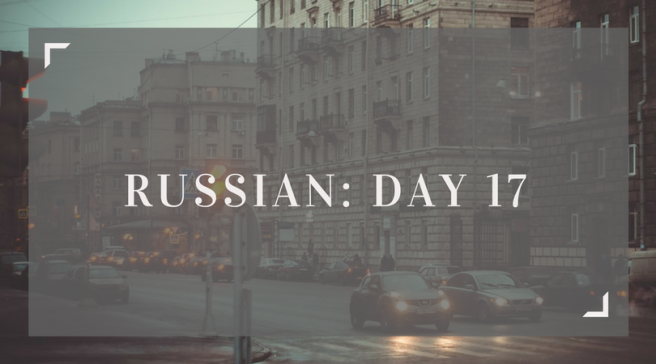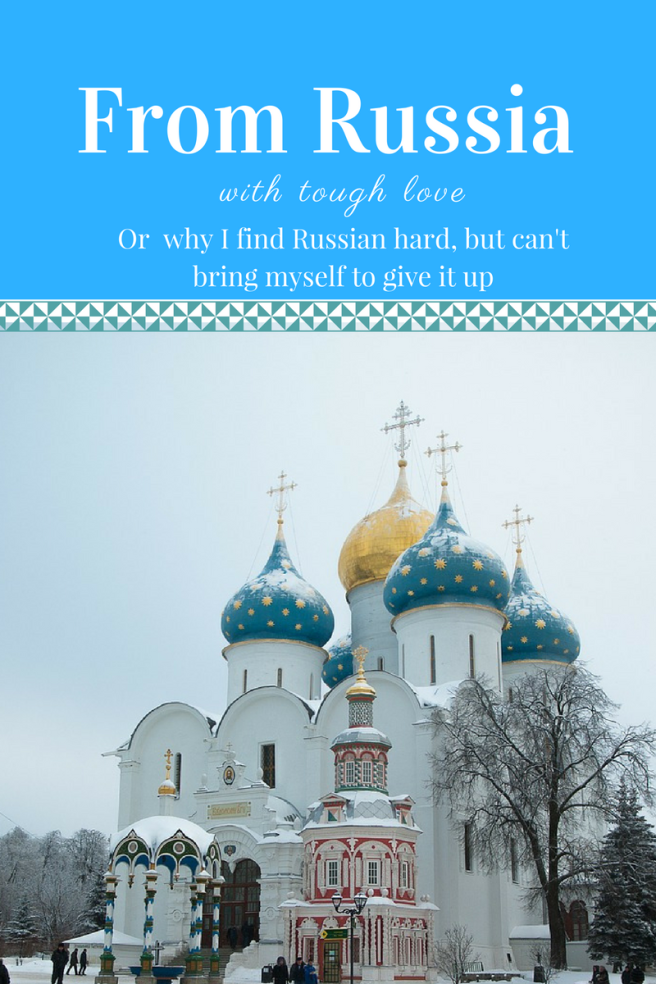
“Cute” is never an adjective I thought I would apply to Russian. I had previously considered Russian the perfect language for angry shouting. I think it’s all those consonants. Especially the harshness of consonants without a vowel to break up the tension. I have yet to encounter another language that considers back-to-back consonant combinations like “zd” and “nr” a good idea (although I’m sure Russian isn’t alone in this).
But the more I study Russian, the more cutesy it is. How adorable is Russian? Let me count the ways:
(1) When you ask someone if they speak a language, you might get the response “чуть-чуть”(choot choot). This means “a tiny bit” or “a little.”It sounds like a little kid making train sounds, but what really sells it is the repetition. Repetition is key for cuteness.
(2) Russian diminutive names. It’s like nicknames, but extra adorable. It’s an affectionate name used by those closest to you. For example, Alexander would go by Sasha and Anna would go by Anya. From what I’ve read, the Russians are mad for diminutives and everyone has one (is this true? does every person in Russian go by a diminutive to their friends and family?).
(3) Russian uses diminutives for lots of words. According to Russian Made Easy, Russians like to make words sound cute by adding “eek” or “ka” to the end. So if you want a small salad, instead of saying салат (salat), you can say салатик (salateek). Or for little blinis (Russian pancakes), you can call them блинчики (bleencheekee). I am at cute overload here. This is the verbal equivalent of watching videos of baby pandas.
(4) According to Assimil, to say “yum” in Russian, you say ням ням (nyam nyam). That repetition. It slays me.

